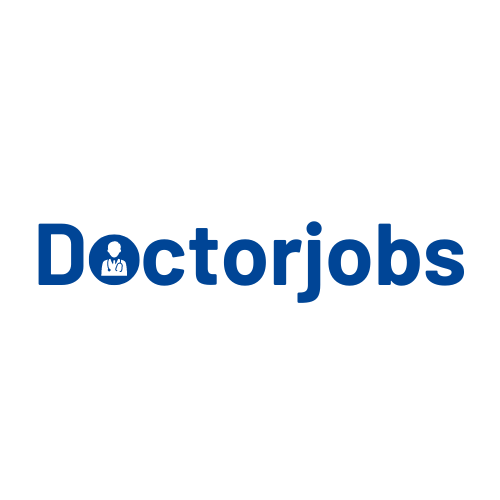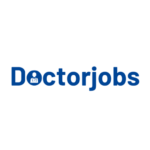Landing a healthcare job is a competitive process, and the interview is your opportunity to make a strong impression. Whether you’re applying for a position as a nurse, physician, therapist, or any other healthcare role, being well-prepared for your interview is essential. In this blog post, we’ll cover the top healthcare job interview questions and provide tips on how to answer them effectively.
1. Tell Me About Yourself
This is often the opening question in any interview. It’s your chance to provide a brief overview of your professional background, relevant experience, and what led you to apply for the job.
How to Answer: Focus on your professional journey, highlighting your education, key achievements, and what inspired you to pursue a career in healthcare. Keep it concise, and tie your experience back to the job you’re applying for.
Example Answer: “I’ve been a registered nurse for the past five years, working primarily in emergency care. My passion for helping people in critical situations and my ability to remain calm under pressure have driven me to excel in this field. I’m excited about the opportunity to bring my skills and experience to your hospital, where I believe I can make a significant impact.”
2. Why Did You Choose a Career in Healthcare?
Employers want to understand your motivation for working in healthcare. This question helps them assess your commitment to the profession.
How to Answer: Share a personal story or experience that inspired you to pursue healthcare. Highlight your passion for patient care, your desire to make a difference, or your interest in the medical field.
Example Answer: “My decision to pursue a career in healthcare was influenced by a close family member’s battle with a chronic illness. The compassion and expertise of the healthcare professionals who cared for them left a lasting impression on me. I realized that I wanted to be part of a profession that makes a meaningful difference in people’s lives.”
3. How Do You Handle Stressful Situations?
Healthcare jobs are often high-pressure, and employers need to know that you can handle stress effectively.
How to Answer: Discuss specific strategies you use to manage stress, such as time management, prioritization, and seeking support from colleagues. Provide examples of how you’ve successfully handled stressful situations in the past.
Example Answer: “In high-pressure situations, I rely on my ability to stay organized and focused. I prioritize tasks based on urgency and maintain open communication with my team. For example, during a particularly busy shift in the ER, I managed to stay calm and ensure that all patients received the care they needed by delegating tasks and staying focused on my responsibilities.”
4. How Do You Stay Updated with the Latest Healthcare Practices?
Continuous learning is crucial in healthcare. Employers want to know that you’re committed to staying current with industry trends and practices.
How to Answer: Mention specific ways you stay informed, such as attending conferences, participating in continuing education courses, or reading medical journals. Highlight your dedication to professional development.
Example Answer: “I believe that staying updated with the latest healthcare practices is essential for providing the best patient care. I regularly attend conferences, participate in online courses, and subscribe to several medical journals. Recently, I completed a course on the latest advancements in wound care, which I’ve been able to apply in my current role.”
5. Describe a Time When You Worked as Part of a Team
Teamwork is vital in healthcare settings, and employers want to know that you can collaborate effectively with others.
How to Answer: Provide a specific example of a time when you worked with a team to achieve a goal. Focus on your role, the challenges you faced, and the outcome of the collaboration.
Example Answer: “During my time in the ICU, I was part of a multidisciplinary team that worked together to develop a care plan for a critically ill patient. My role was to monitor the patient’s vital signs and communicate any changes to the team. Through close collaboration, we were able to stabilize the patient’s condition and eventually discharge them from the ICU.”
Conclusion
Preparing for a healthcare job interview requires a blend of self-reflection, research, and practice. By understanding the common questions and formulating thoughtful responses, you’ll be better equipped to make a strong impression on your potential employer. Remember to stay calm, be confident, and showcase your passion for healthcare.

